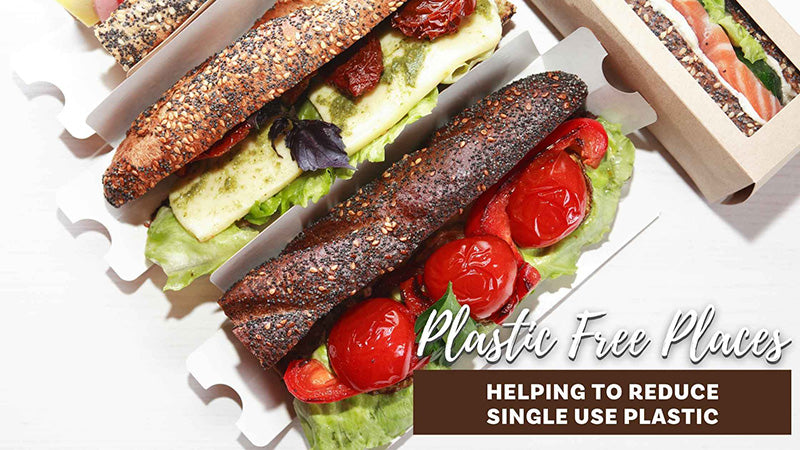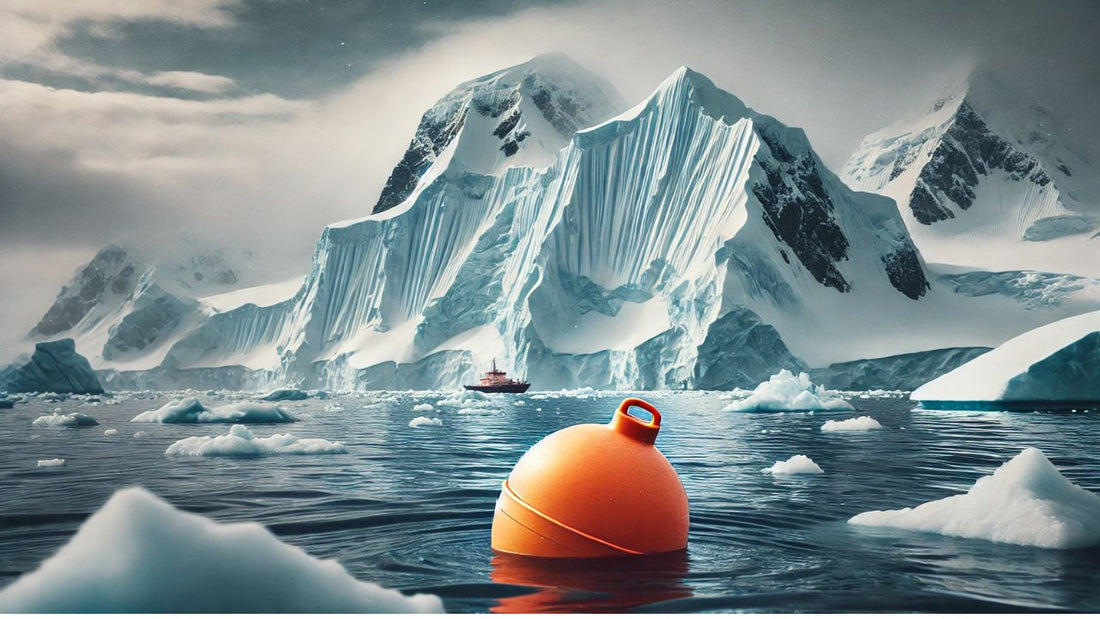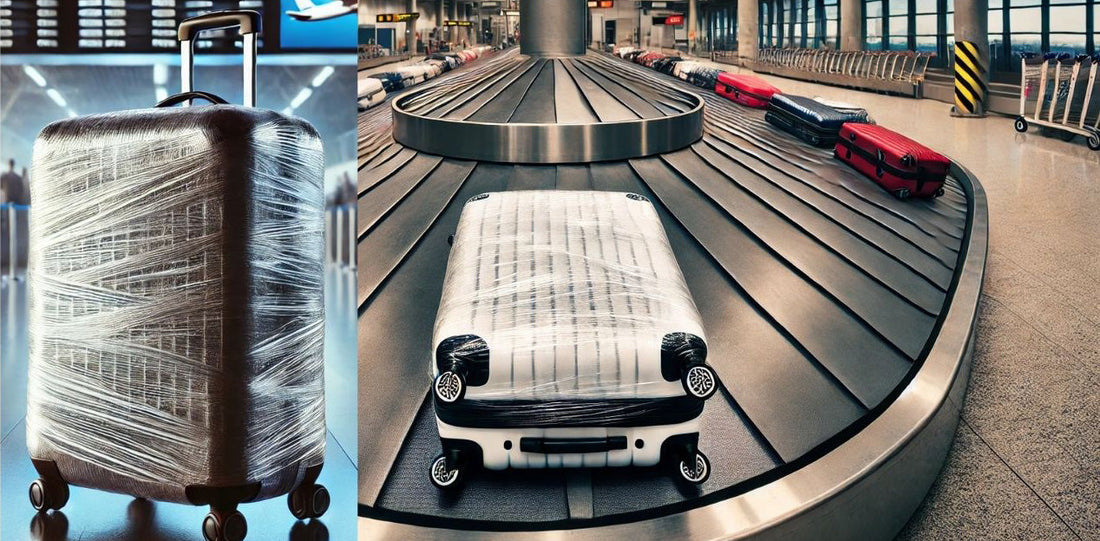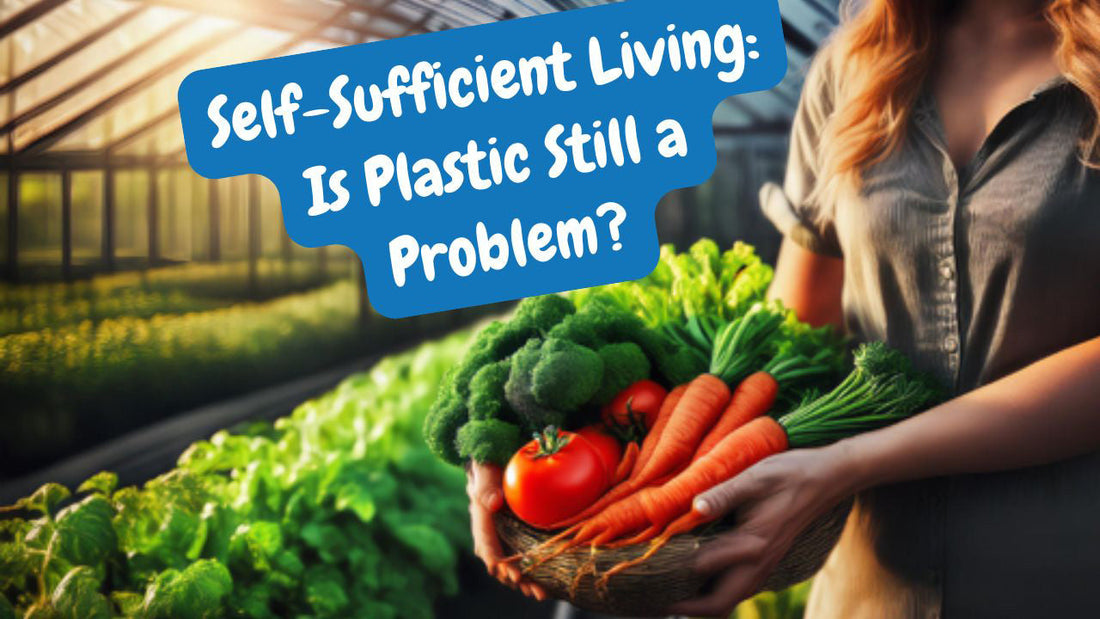Plastic Free Places
I sat down with Helen Reilly, the Project Coordinator for Plastic Free Cairns and Douglas, to discuss the Boomerang Alliance’s national program — Place Free Places.
Boomerang Alliance is a national not-for-profit organisation that aims towards a zero waste society. One of their many projects is Plastic Free Places, a program that assists businesses in making the switch from disposables to more substantiable, plastic free solutions.
“It’s a place based approach — we work with all food and beverage businesses, local packaging suppliers, industry, local government and local community groups,” explained Helen.
The Plastic Free Cairns program aims to reduce plastics that are part of Queensland’s Single Use Plastic (SUP) ban, however they also go beyond the ban and focus on all types of takeaway containers and single use plastic water bottles.
“(The single use plastic) items that have been banned from September are: plastic straws, plastic cutlery, plastic plates and bowls and polystyrene foam cups and containers,” said Reilly.
There are several other items proposed for the second phase of Queensland’s SUP ban which will take place in 2022 these include; plastic coffee cups and lids, plastic cups and lids, heavy weight plastic boutique shopping bags.
Helen says the Plastic Free program focuses on six main single-use plastics items, as these are “the most littered plastic takeaway plastics.”
What’s on the Top 6 list?
- Straws

- Foodware (cutlery, plates/bowls, cold cups/lids, individual sauce/ice cream containers)
- Coffee cups and lids
- Takeaway bags
- Takeaway containers
- Water bottles
The Plastic Free program works on a reward system. When local businesses, remove one of the top six items on the Plastic Free Places list, they become a member, if they commit to removing all six of the single-use plastics items on the list they become champions of the program.
Helen says that although removing six single use items from your establishment may sound easy, becoming a program champion is not a simple process.
“It requires a lot of inititative, a champion has to follow our waste hierarchy which is: avoid first, . . . provide accept and encourage reusables, and switch. We want to see (businesses switch to) home compostable (versus single use plastics),” says Helen.
As a former mobile coffee cart and cafe owner, Helen understands that it can be challenging for cafes, delis and takeaway outlets to remove some single use items. Products such as bottled water are often a source of revenue for many of these business, but she believes, there are always other alternatives.
“Businesses can choose not to sell bottled water, and make a statement about not selling it. Or they can provide a water refill station to encourage customers to use reusable water bottles. Restaurants for example can offer free table water or they can sell single use alternatives like, aluminum or glass with no plastic lids, neck rings or labels,” explains Helen.
As a former mobile coffee cart and cafe owner, Helen understands that it can be challenging for cafes, delis and takeaway outlets to remove some single use items. Products such as bottled water are often a source of revenue for many of these business, but she believes, there are always other alternatives.
“Businesses can choose not to sell bottled water, and make a statement about not selling it. Or they can provide a water refill station to encourage customers to use reusable water bottles. Restaurants for example can offer free table water or they can sell single use alternatives like, aluminum or glass with no plastic lids, neck rings or labels,” explains Helen.

How many local businesses have made the champion status?
Of the 150 members that are members of the Plastic Free Cairns program, 30 of them have made it to champion status.
“We currently have a small number of champions, but a lot of them are aspiring to it . . . they have to get rid of a few (of the) items they have left,” says Helen.
Helen believes that in order for businesses to be motivated enough to become champions, they need to work towards a reusable culture and not a single use culture.
Blackbird Espresso was one of the first businesses in Cairns to become plastic free champions within the program.
Sarah Sims is the operations manager for Coffee NQ — Blackbird Warehouse a wholesale speciality coffee and training facility and Blackbird Laneway coffee shop. She says they joined the program as on a whole their team is environmentally minded.
 “We are always looking for ways to lessen our carbon footprint. The previous owners, Troy and Daniela, always wanted to be a sustainable business, and since the change in ownership, we too wanted to continually improve and actively encourage our wholesale customers to do the same,” says Sims.
“We are always looking for ways to lessen our carbon footprint. The previous owners, Troy and Daniela, always wanted to be a sustainable business, and since the change in ownership, we too wanted to continually improve and actively encourage our wholesale customers to do the same,” says Sims.
Sims is very proud to be an existing champion and says they plan on implementing more changes in the future to continue to reduce their plastic usage.
“We are hoping to switch to even more environmentally friendly products and encourage even more people to use GreenCaffeen or BYO reusable cups,” said Sims.
Since implementing the first round of changes Sims says they have noticed a change in customer behaviour towards plastic usage. However they haven’t just implemented changes to their packaging, they also educate customers on why they have chosen to reduce plastic consumption.
Although Plastic Free Cairns is open to all local businesses that fall within the local governance area Reilly says she is currently targeting a few areas.
“Fitzroy Island and Green Island, they need to be leaders as well. I’m encouraging them to have (the island full of) reusable systems for their coffee and takeaway food, (as well as) reusable water bottles,” says Helen.
How are the Plastic Free Places programs funded?
Plastic Free Places are three year programs that rely on government funding. The Queensland Government, along with the support of the Cairns City Council has committed to funding the Plastic Free Cairns program. The program is currently in its second year.
“I work for (Boomerang Alliance) a non-profit. The Queensland government fund us to do our program . . . we (also) need the local government to support it, because they (manage) waste, they need to be involved,” explains Helen.
How successful have other Plastic Free programs been?
Noosa was the pilot project “now in Noosa they all snub plastic water bottles, they have plastic free events . . . and they have branded aluminium single use bottles with fancy surfboard pictures,” Helen says if it’s possible in somewhere like Noosa there's no reason why it can’t be done here. Although she believes it's always preferable to choose reusable over single use plastic items.
Although the Noosa program is now complete, it was taken over by Tourism Noosa and has since expanded the program to over 600 businesses including the cities hotels.
Sims says Helen was a wonderfully patient and supportive mentor when their business joined the program.
“Her passion for trying to help businesses become more sustainable is inspiring, and she is a great sounding board for various ideas, events and promotions, to help people empower themselves with the correct knowledge and solutions. The world is awash with green washing, so it’s great to have someone who is putting in the effort to research products thoroughly, ensuring we are in fact making a difference,” say Sims.
When asked about the future of the program and the future of Cairns becoming a Plastic Free destination Helen believes this is a goal the community should be striving for.
“(We’ve been) using the reef and rainforest for so long (for tourism) . . . we rely on it, and we need to protect it and preserve it. It would be great for us to become a green tourism destination.” said Helen.
To see if your local area is connected to the Boomerang Alliance program visit: https://www.plasticfreeplaces.org.





